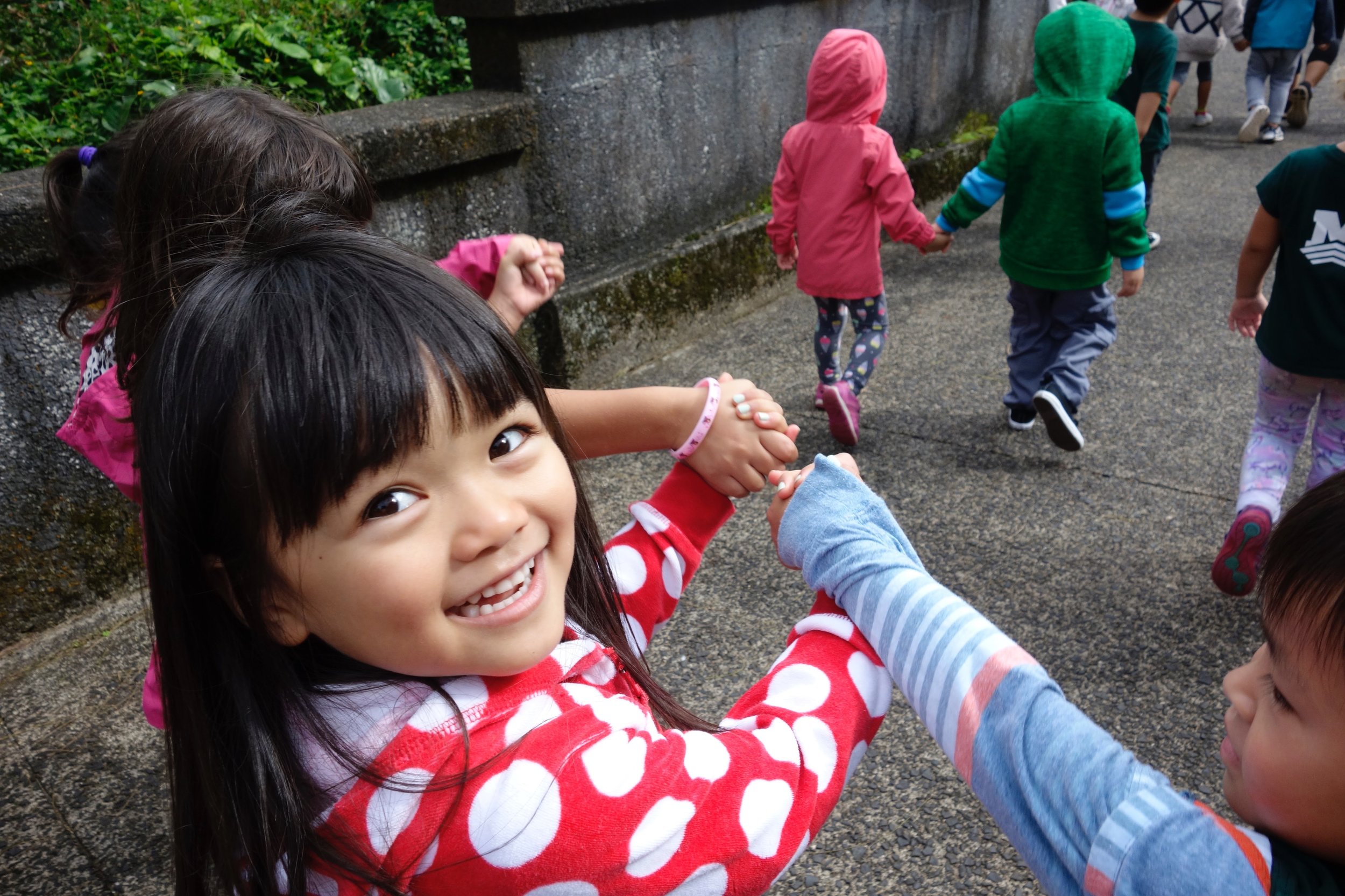Empathy and Compassion
- show empathy by empathizing with students and with others
- set high expectations for students around caring about others
- help students practice empathy
- help students expand their concern to care about more people
- help students learn to manage their feelings and practice self-control
Holyport College
EmpathY
RSI collaborated with Holyport College to study the impact of implementing MCC strategies with middle and high school students at the school. We carried out a mixed methods, controlled experimental study to investigate the impact of the strategies. Results suggest that the MCC strategies led to statistically significant increases in students’ sense of belonging, engagement, and compassion. In addition, the MCC strategies resulted in a statistically significant increase in perspective taking among male students.
Mid Pacific Institute
Empathy
Mid-Pacific has a strong emphasis on supporting students to develop empathy and compassion. Toward this end, Mid-Pacific partnered with RSI on research and professional development aimed at nurturing the development of a range of skills and dispositions related to empathy and compassion. For this project, Mid-Pacific implemented several MCC strategies across their whole school, including elementary, middle and high school, and RSI conducted a series of studies to explore the impact of these strategies. Results indicated that, after participating in the strategies, students of all ages reported greater self-awareness, perspective-taking, gratitude and compassion.
Colegio Menor
Compassion
What inspires children to act compassionately? Our research team explored this question in partnership with Universidad de San Francisco de Quito and Colegio Menor, a bilingual preK- 12 school in Ecuador. We interviewed preschoolers, 4th graders, 7th graders, and 10th graders about compassion. Using qualitative methods, we analyzed our interview data to explore how compassion arises within students at the school.
Results suggest that the students at this school go through four cyclic stages of compassion:
the recognition of another person's suffering,
the evaluation of whether the person deserves compassion,
the choice to take a compassionate action to relieve the person's suffering, and
the interpretation of the experience of being compassionate.
With this understanding, educators can support students to move through each stage – teaching them to recognize suffering, evaluate situations empathetically, choose actions that help relieve suffering, and reflect on their experiences. As students move through the stages of compassion, it leads to positive feelings that sustain an unfolding of continued compassion. As one young student at the school perceptively explains, “Everyone deserves love or compassion. It’s helping you, it’s helping the one who needs the care, and you feel good.”
Citations:
Jones, S., Weissbourd, R., Kahn, J., Ross Anderson, T., Bouffard, S. with Byun, S. (2013). Building Empathy in Schools: A Review of Current Research-Based Programs and Recommendations for Educators. Prepared for the Ashoka Empathy Initiative. Making Caring Common Project at the Harvard Graduate School of Education.
Jones et al., 2013.



